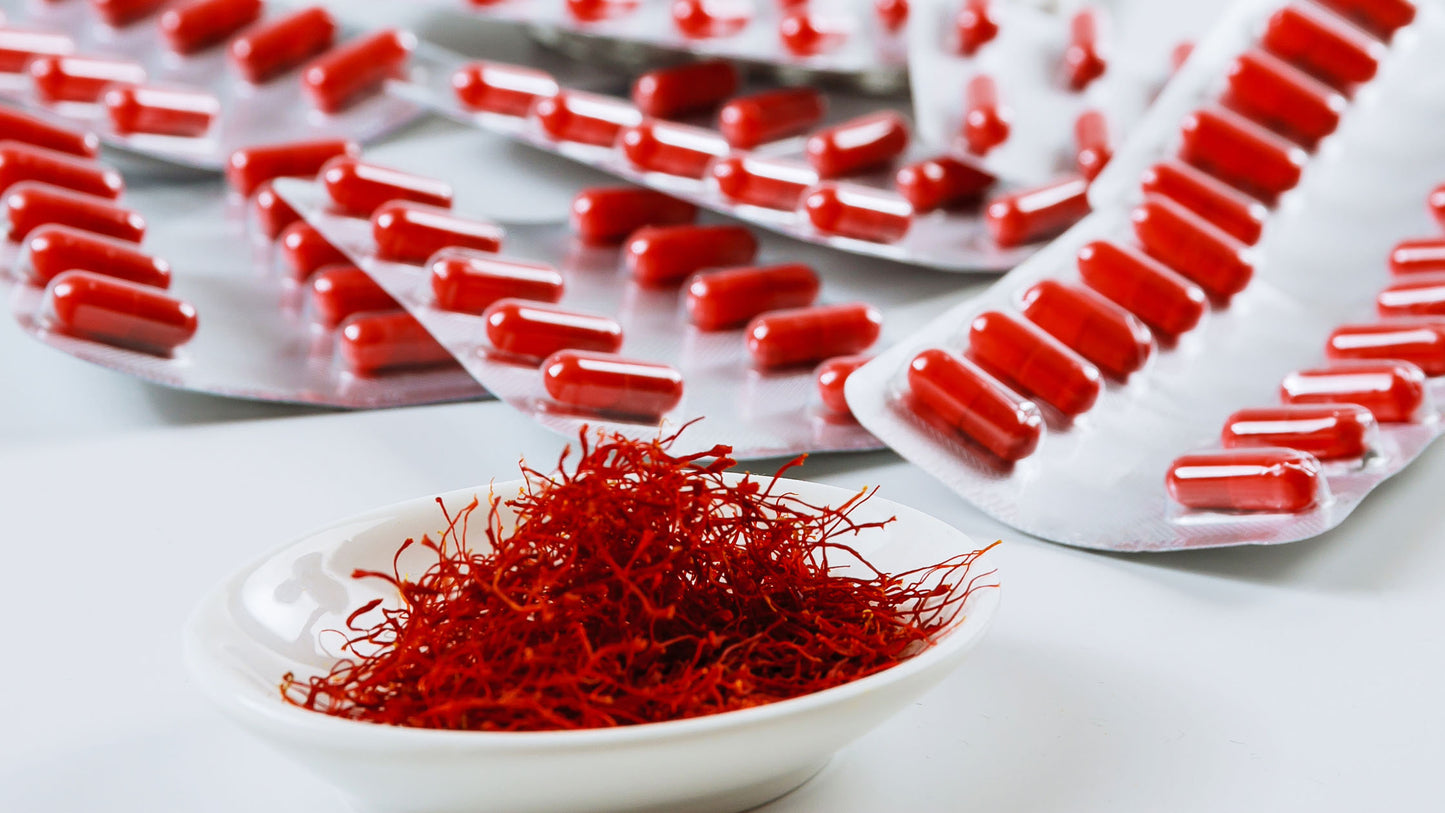Offer
Provide additional details about the offer you're running.

Saffron, a prized spice known for its vibrant color and unique flavor, is increasingly being marketed as a dietary supplement. These supplements claim to offer various health benefits, from mood enhancement to weight loss. However, are saffron supplements safe? Let's delve into the science and safety concerns surrounding saffron supplements.
Saffron is derived from the flower of Crocus sativus and is one of the most expensive spices due to the labor-intensive harvesting process. Its uses span culinary applications and traditional medicine. Saffron supplements, often in the form of extracts or powders, are marketed for their potential health benefits, including appetite control, mood boosting, weight loss, eye health support, and stress reduction.
The Food and Drug Administration (FDA) has classified saffron as Generally Recognized as Safe (GRAS) when used as a spice or color additive in foods. However, as a dietary supplement, the landscape is less clear. The FDA does not regulate supplements with the same rigor as prescription medications, which means there is less oversight on their safety and efficacy.
Current research on saffron supplements is promising but not conclusive. Some studies suggest that saffron extract, in doses of 20-100 mg taken over several weeks, may help reduce symptoms of depression, with effects comparable to some antidepressants but with fewer side effects. However, these findings are based on small-scale studies. Larger, well-designed clinical trials are needed to confirm these benefits.
For other claims, such as mood improvement, weight loss, and stress relief, the evidence is even more scant. Without robust scientific backing, these purported benefits remain speculative. Moreover, the high cost of pure saffron often leads to adulteration with cheaper ingredients, which can further compromise the quality and safety of saffron supplements.
While small doses of saffron extract (less than 100 mg) taken short-term are generally well tolerated, higher doses can cause adverse effects. Reported side effects include:
Consuming large doses (5 grams or more) can be particularly dangerous. Pregnant women should avoid high amounts of saffron due to the risk of uterine stimulation. Additionally, there is insufficient evidence regarding the long-term safety of saffron supplementation beyond 26 weeks.
As a company dedicated to providing pure saffron in its natural form, we advocate for using saffron threads and powder over supplements. Here’s why:
While saffron supplements may offer potential health benefits, their safety and efficacy are not yet fully established. Natural saffron threads and powder present a more reliable and versatile alternative, ensuring you reap the benefits without the risks associated with supplements. Always consult with a healthcare provider before adding any new supplement to your regimen.
Are saffron supplements safe? The answer is nuanced, but with careful consideration and a preference for natural forms, you can enjoy saffron’s benefits with greater confidence.